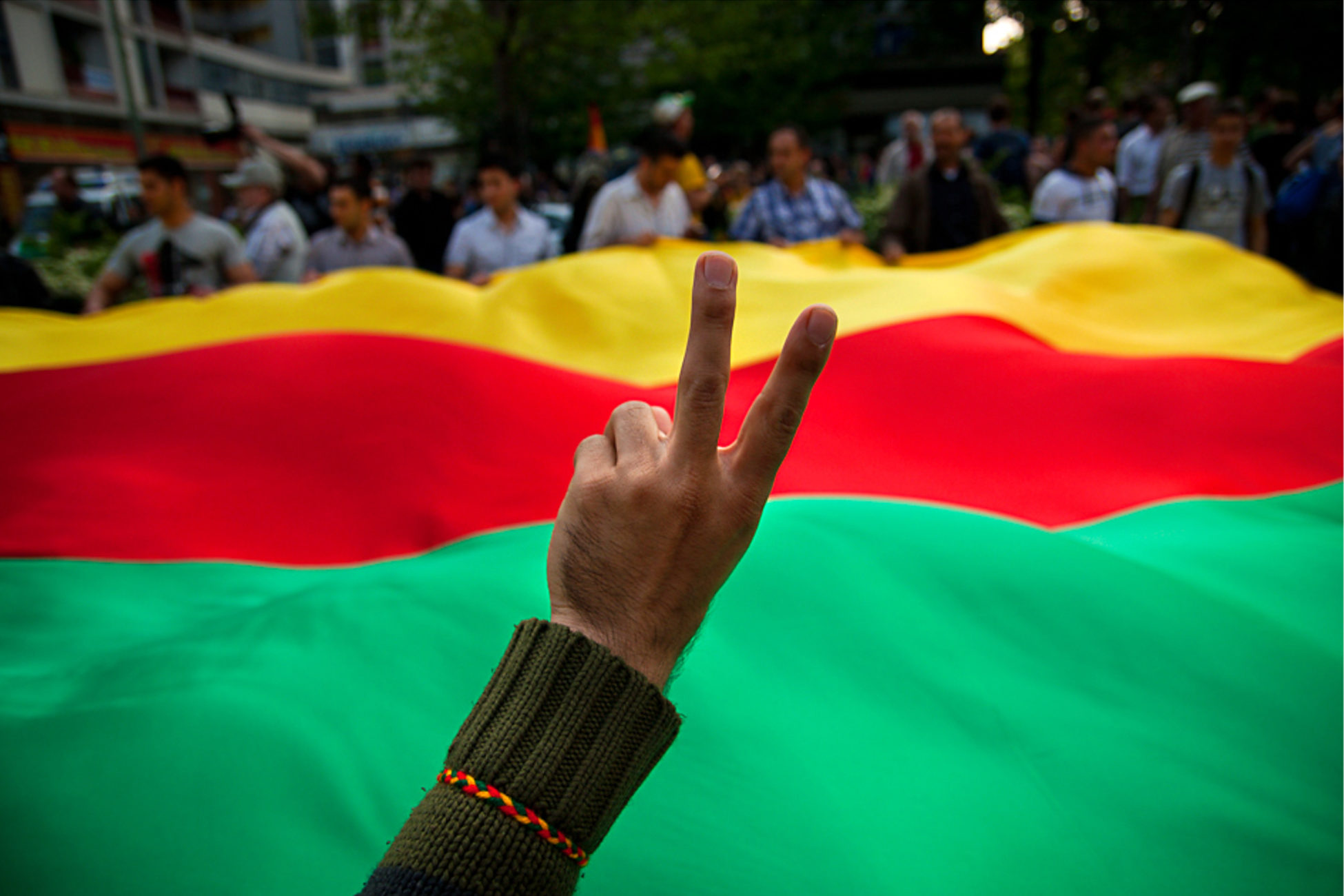Intelligence from various sources regarding the Levent Files indicates that the United States and France have taken active roles in guaranteeing the autonomous status of Northeastern Syria for the Kurdish Movement. These guarantees reportedly influenced the PKK's decision to announce its dissolution, indicating direct foreign involvement in a critical turning point of the dialogue. The Kurdish Movement appears to be leveraging these international relationships, negotiating simultaneously with both the Turkish state and Western powers to secure their demands, which include constitutional guarantees for rights and liberties, freedom for Abdullah Öcalan, security for Northeastern Syria, and militant reintegration.
Israel has emerged as another significant player, maintaining daily communication with the Kurdish movement through informal channels. While Israeli officials express skepticism toward both Ankara and Syria's interim government, they cautiously support the dialogue process. In addition to the Western powers and Israel, regional leaders like Saudi Arabia are closely monitoring developments in the Ankara-Kurdish relations, further complicating the geopolitical dynamics at play.
The Turkish government perceives these foreign interventions as attempts to undermine Turkey's regional influence. Çelik's assertion that Turkey's success would serve as regional inspiration reveals why foreign powers might seek to intervene—a stable resolution could enhance Turkey's soft power while potentially diminishing others' influence. This complex web of international interests transforms what might otherwise be a domestic reconciliation process into a geopolitical chess game where the Kurdish dialogue becomes both an opportunity and a vulnerability for Turkey's strategic position in the Middle East.
Photo: Libertinus
